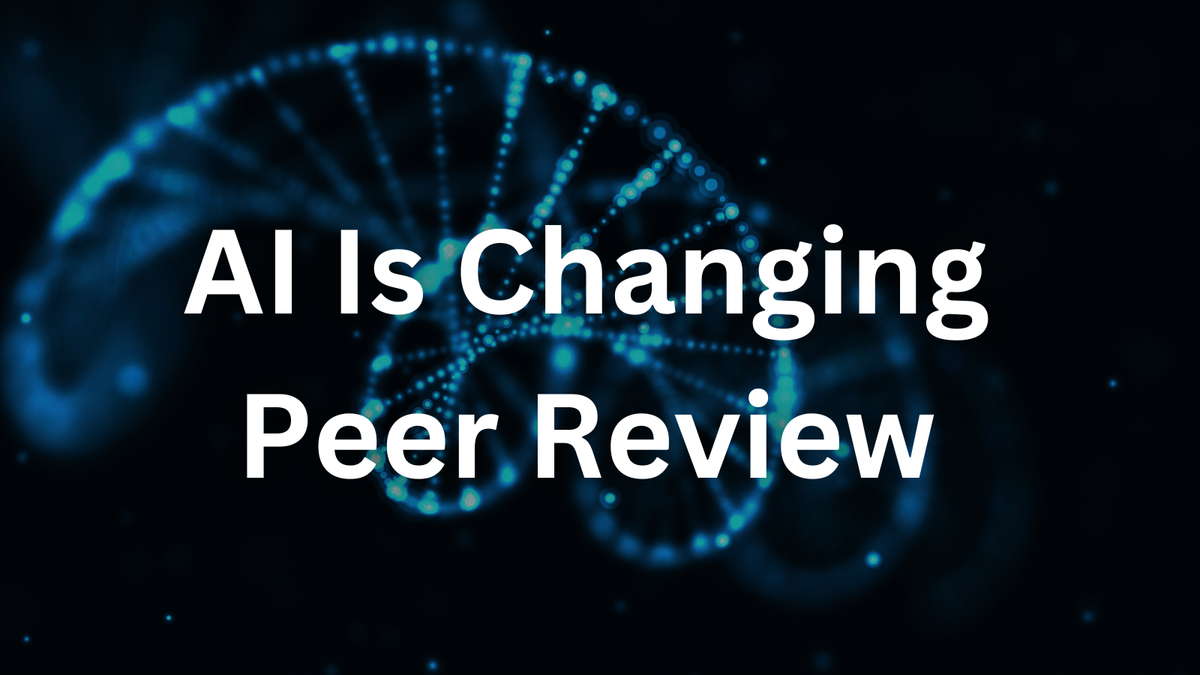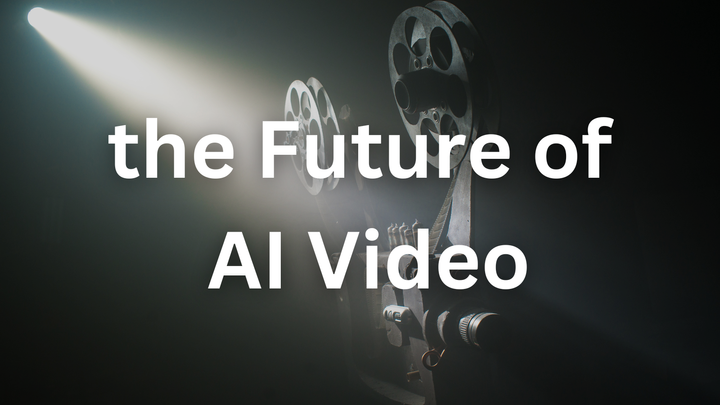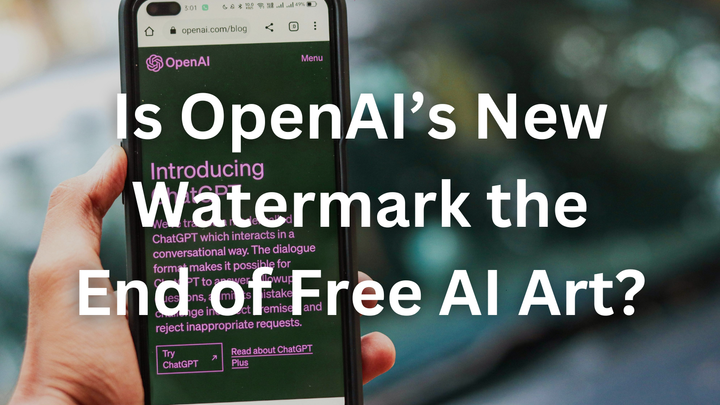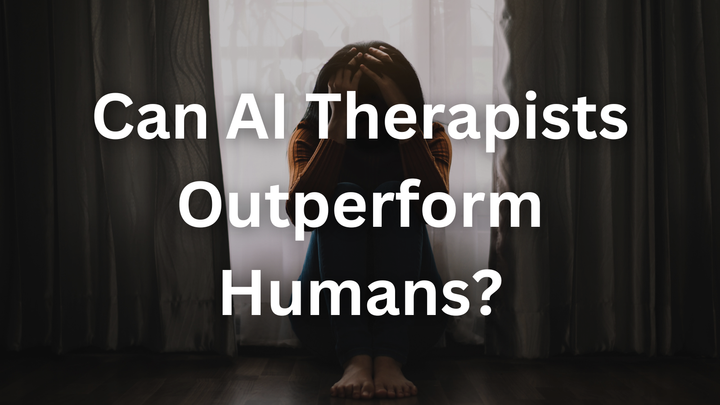AI Is Changing Peer Review — Should We Be Worried or Excited?

Peer review is one of those things most people outside of academia never think about — but it's the backbone of scientific credibility. It’s how we decide whether a study is solid or shaky, whether it gets published or tossed aside. But now, AI is stepping into that process, and it's raising some big questions: Can machines judge science? Should they?
It’s a shift that could change how science works — and not everyone is thrilled.
🧠 What’s Happening?
AI tools — especially the kind powered by large language models (LLMs) like ChatGPT — are already being used to assist or even write peer reviews of scientific papers. Some reviewers use AI to edit their feedback, summarize complex studies, or check references. Others let AI generate entire reviews.
That’s right — some scientists are outsourcing their professional judgment to machines.
And while many journals officially ban this kind of thing, it's hard to detect and easy to do. If a reviewer quietly uses AI to write a first draft, who's going to know?

🤖 The Good: Faster, Smarter, (Maybe) Fairer Reviews
Let’s give AI some credit. Peer reviewing is tough, thankless, and time-consuming. Most researchers do it for free, on top of their regular jobs. So it’s not surprising that:
- AI can speed things up by summarizing findings or fact-checking citations
- Some AI-generated reviews are just as helpful (or even better) than human ones
- Tools like Veracity and Alchemist Review can catch errors, spot broken references, or suggest missing details from a study
If used responsibly, AI could make the whole review process more efficient, more consistent — and maybe even more fair.
😬 The Bad: Is the “Peer” in Peer Review Disappearing?
But here’s the flip side — and it’s a big one.
Peer review isn’t just about ticking boxes. It’s about critical thinking, expert judgment, and unique perspective. AI doesn’t have any of those. It can mimic human writing, but it doesn’t truly understand science.
That’s why many researchers are worried:
- AI-generated reviews often sound smart… but are vague or superficial
- It could lead to a future where AI writes the paper, and another AI reviews it
- If reviewers stop thinking critically and rely on AI too much, scientific quality could suffer
As one scientist put it: “Writing is thinking.” If we let machines do all the writing, are we also handing over the thinking?
🔍 The Gray Area: What If AI Just Helps?
Not all uses of AI in peer review are bad. If a reviewer uses an offline AI tool to rephrase a comment or catch a grammar mistake, is that really a problem?
Some tools — like Review Assistant or Eliza — are designed to support, not replace, human judgment. They help reviewers write better feedback, translate comments, or double-check their work. That’s collaboration, not automation.
The challenge is drawing the line. Right now, there's no universal rulebook. Different journals have different policies. Some ban AI completely. Others allow “limited use.” Most require disclosure, but not everyone follows that rule.

🧪 The Bigger Picture: A New Era for Science?
Here’s where it gets really interesting — and a little scary.
Some experts think AI will soon be able to review papers better than most humans. And faster. That could massively speed up science, especially in fields drowning in data and publications.
But there’s a risk that this undermines the authority of journals. If anyone can run their own AI-powered review system on a preprint, do we still need traditional peer review?
It’s a future where science becomes more open, but also more fragmented. And trust—already under pressure in the age of misinformation—becomes even harder to maintain.
🔄 So… Should We Be Worried?
Yes and no.
AI has huge potential to improve peer review — catching errors, reducing bias, supporting reviewers. But it also comes with serious risks if it erodes accountability or replaces human judgment.
The key is transparency. If AI is involved in a review, we should know:
- What tool was used
- What prompt was given
- What parts of the review were AI-generated
That’s the only way to maintain trust in a process that still relies on the human eye, mind, and conscience.

💬 Final Thought: It’s Not Just Science That’s Changing — It’s Trust
Peer review might seem distant from everyday life, but it affects the studies we hear about, the drugs we take, the climate policies we vote for. If AI changes how peer review works, it changes the foundation of scientific trust.
So let’s embrace the future — but do it carefully, with our eyes open and our hands still on the wheel.
🔍 What Do You Think?
- Should AI be allowed in peer review?
- Would you trust a scientific paper reviewed by an AI?
- How can we make sure AI supports, not replaces, human thinking?
Let us know on X(Former Twitter)
Sources: Naddaf, M. (2025, March 26). Ai Is Transforming Peer Review - and many scientists are worried. Nature News. https://www.nature.com/articles/d41586-025-00894-7



